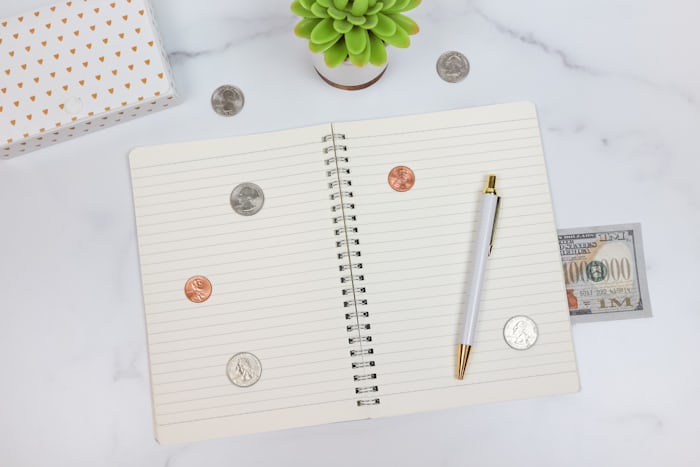Updates Finance

How to Avoid Overspending: Tips and Strategies for Financial Discipline

Image source: Unsplash
11th January 2025 4 mins read
Overspending is a common pitfall that can derail even the best-laid financial plans. With the temptation of instant gratification and the ease of credit card swiping, it's easy to get caught up in the cycle of overspending. In this blog post, we'll explore practical tips and strategies to help you avoid overspending and stay on track with your financial goals.
Advertisement
- Track Your Expenses: Understanding where your money is going is crucial to avoiding overspending. Keep a record of every purchase, no matter how small, in a notebook or use an app like Mint or Personal Capital to help you stay on top of your spending.
- Create a Budget: Make a realistic budget that accounts for all your necessary expenses, savings, and debt repayment. Be sure to include a category for entertainment and miscellaneous expenses to avoid feeling deprived.
- Prioritize Needs Over Wants: Distinguish between essential expenses and discretionary spending. Prioritize necessities like rent/mortgage, utilities, and groceries over wants like dining out or subscription services.
- Use the 50/30/20 Rule: Allocate 50% of your income towards necessary expenses, 30% towards discretionary spending, and 20% towards saving and debt repayment.
- Avoid Impulse Purchases: Practice delayed gratification by waiting 24 hours before making non-essential purchases. This helps you determine if the item is something you truly need or just a impulsive want.
- Use Cash: Paying with cash instead of credit cards can help you stick to your budget and avoid overspending.
- Avoid Emotional Spending: Recognize when you're spending due to emotional triggers like stress, boredom, or happiness. Find alternative coping mechanisms like exercise, meditation, or creative pursuits.
- Consider Used or Refurbished Items: Before buying new, explore options for used or refurbished items, especially for non-essential purchases. You can save money while still getting quality products.
Advertisement
Read Also
- How Central Banks Use Interest Rates to Curb Inflation
- Smart Financial Moves for a Secure Future
- Building an Emergency Fund: Your Safety Net Against Debt
- Safe Online Transaction Practices: Protecting Your Digital Wallet
- Wealth and Prosperity - A Comprehensive list Of Top Ten Richest Countries In Africa